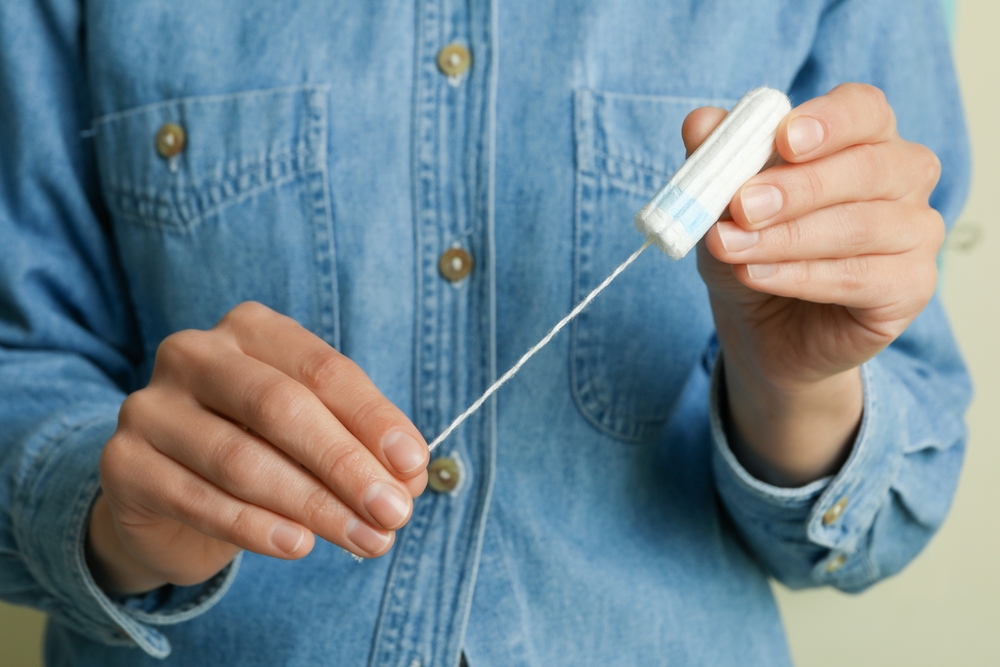Daye, a forward-thinking gynecological health firm, pioneered a novel way for sexually transmitted infection (STI) testing. Their groundbreaking STI diagnostic tampon, which includes a polymerase chain reaction (PCR) test, is set to change the way women think about their sexual health. It is effective against common diseases such as chlamydia, gonorrhea, trichomonas, mycoplasma, and ureaplasma, and provides a convenient and noninvasive alternative to traditional techniques.
Investing in women’s health access
The major purpose of this screening kit is to speed up the diagnosis and treatment procedure. Daye’s novel approach aims to make STI testing more accessible, especially for people who are nervous or ashamed about taking traditional tests. This invention is a timely reaction to the growing need for better and more user-friendly testing choices, as STI cases continue to rise, with a 24 percent increase in 2022 compared to the previous year.
Shaping the future of STI testing
Daye’s attempts to reshape STI testing are lauded by Michelle Tempest, a lecturer in medical law and ethics at Cambridge University’s medical school. She believes that by using this tampon, women will be able to take care of their sexual health “in a noninvasive way in the comfort of their own homes.” This empowerment is an important step toward reducing the stigma associated with STI testing.
Convenient and confidential
The STI diagnostic tampon is user-friendly, allowing individuals to collect samples easily. The tampon is sent to a lab for testing, and the findings are usually available within five business days. The applicator used in this procedure allows users to access their cervix without the use of a speculum, making it more comfortable and less invasive.
Dr. Amira Bhaiji, an internist at Chelsea and Westminster Hospital and Royal Brompton and Harefield Hospitals, sees the STI diagnostic tampon as a game changer. It improves accuracy and encourages more people to take part in STI testing. According to Dr. Bhaiji, it gives people a sense of ownership over their health, which is typically a personal issue for many.
Balancing innovation and caution
While the STI diagnostic tampon offers great promise, epidemiologist Emma Harding-Esch cautions against using it. The British Association for Sexual Health and HIV (Bashh) has reservations regarding testing for organisms with questionable clinical importance, such as ureaplasma. Using this tampon for specific tests may result in overtreatment.
The tampon was released after 600 people participated in thorough clinical testing. Valentina Milanova, the founder of Daye, emphasizes the tampon’s effectiveness, noting that they saw a test failure rate of only one percent, compared to 10 percent or more with standard swabs. The tampon not only saves time but also minimizes the margin of error in sample collection.
Prioritizing patient wellbeing
Daye is concerned about overtreatment and antibiotic resistance. Their treatment methods include educating users on the importance of establishing healthy vaginal microbiota as the first step in reducing ureaplasma and mycoplasma burdens. Treatment is only advised when there is a significant bacterial load and no other infections or a history of unexplained recurrent pregnancy loss.
Finally, Daye’s STI diagnostic tampon marks a significant advancement in the field of sexual health. It allows individuals to take care of their sexual health by providing an accessible and less invasive testing option while decreasing the stigma associated with STI testing. This novel method, supported by rigorous trials and a dedication to patient safety, demonstrates the potential for positive change in STI detection.











